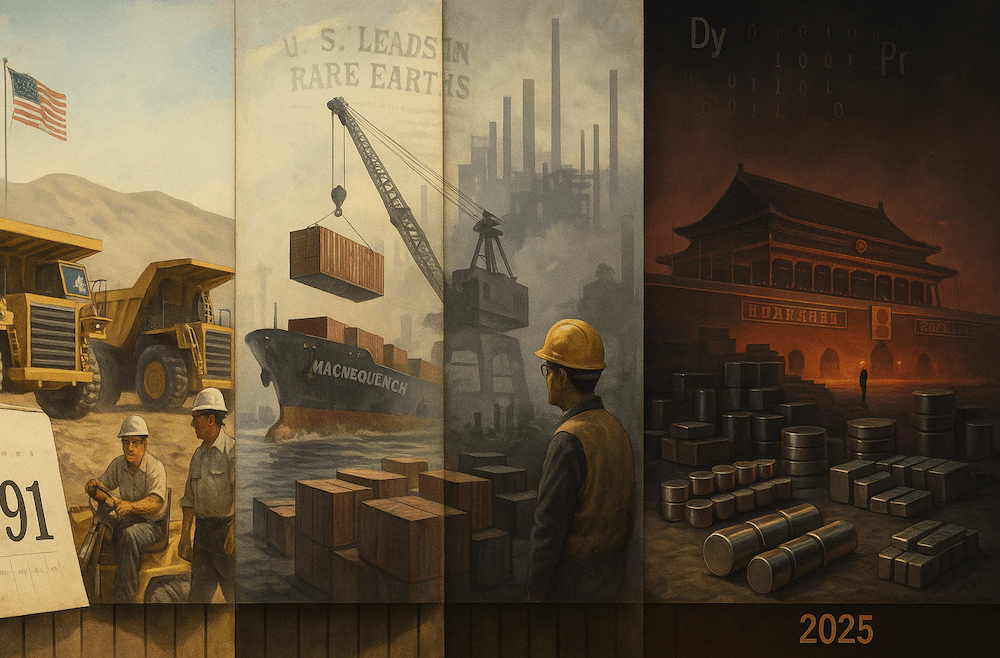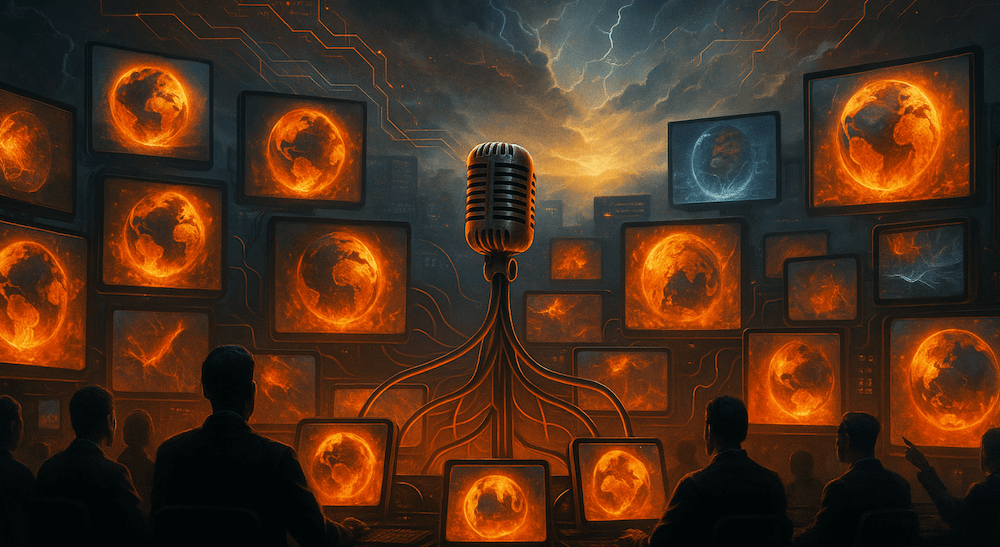
Posted October 06, 2025
By Matt Insley
Mamdani Aims to Redefine “Law and Order”
Today, we’re considering one of the most consequential contests in New York City history: the 2025 mayoral race.
Candidate Zohran Kwame Mamdani was born on October 18, 1991, in Kampala, Uganda, the son of filmmaker Mira Nair and academic Mahmood Mamdani.
After spending part of his childhood in Cape Town, Mamdani’s family moved to New York City when he was around seven-years-old. His father still teaches at Columbia University where he specializes in African history, decolonization, post-colonial politics and comparative theory.
Mamdani attended Bronx High School of Science, and later Bowdoin College, graduating in 2014 with an undergraduate degree in Africana Studies.
Before politics, he worked as a housing counselor in Queens, helping low-income homeowners facing foreclosure, and moonlighted as a rapper under the stage name Young Cardamom.
His political rise was swift and unexpected: He defeated a four-term incumbent in 2020 for the NY State Assembly’s 36th District (Queens), won re-election twice, and in 2025 — to the shock of party insiders — beat former Gov. Andrew Cuomo for the Democratic nomination for New York City mayor.
Mamdani’s platform reads like a Democratic Socialists’ wish list: rent freezes, fare-free buses, city-owned grocery stores, universal childcare and higher taxes on the wealthy.
He also wants to create a new Department of Community Safety, shifting many duties away from the NYPD toward social workers and mental-health responders.
Your Rundown for Monday, October 6, 2025...
Can Progressivism Keep the Peace?
Mamdani’s views on policing are among his most divisive. He argues that NYC’s reliance on the police to solve every social problem — from homelessness to addiction to mental illness — has failed.
“Police have a critical role to play,” he says, “but right now we’re relying on them to deal with the failures of our social safety net.”
To that end, Mamdani has backed decriminalizing many misdemeanors, including minor shoplifting and drug possession and ending the NYPD’s gang database, which he claims unfairly targets minorities.
He also wants to strip the Police Commissioner of final disciplinary authority and give that power instead to the Civilian Complaint Review Board (CCRB) — a civilian body that currently can only recommend punishments.
His critics, including the city’s police unions, say this would “decapitate the chain of command.” Even some Democrats privately admit it could paralyze discipline and politicize internal justice — letting activists rather than commanders decide how officers are punished.
Mamdani’s defenders counter that true reform requires civilian oversight and that his plan would make policing more transparent and accountable. But to most New Yorkers worried about crime, it sounds like a public-safety experiment.
The backdrop for this debate is Mayor Eric Adams’ record on public safety. Despite media headlines warning of chaos in the streets, the latest data tell a different story.
- According to the NYPD’s official September 2025 report, murders are down more than 17.7% year-to-date — 241 compared with 293 for the same period last year.
- Shooting incidents are down more than 20% (553 vs. 693), the fewest on record for the first nine months of any year.
- The same report noted a 3.8% drop in burglaries and steady declines across most violent-crime categories.
Still, the city hasn’t fully returned to its pre-pandemic crime levels. Property crimes like larceny and burglary remain higher than in 2019, and public perception continues to lag behind the official numbers.
And lingering disorder — graffiti, theft, street-level nuisance offenses — keeps many residents feeling uneasy.
Mamdani insists his approach would make the city fairer and safer. But in practice, his blueprint carries real risks.
Removing final disciplinary power from the Police Commissioner could fracture leadership at the top of the NYPD. If officers believe civilian panels will overrule their commanders, discipline may become political theater rather than management.
Decriminalizing low-level offenses may reduce court backlogs, but it also lowers deterrence. In neighborhoods where shoplifting, vandalism and street disorder are already issues. Pulling back enforcement could open the door to more serious crime.
And replacing police with social workers assumes the city can field a massive, well-funded network of responders. If that network fails — if a 911 call for a mental-health crisis goes unanswered or untrained staff face danger — the results could be catastrophic.
Then there’s the money. Free buses, rent freezes, new agencies — all of it costs billions. If those bills come due, public safety budgets might be among the first on the chopping block.
Zohran Mamdani is a serious contender for mayor of the most complex city in the U.S. His ideas are bold, yes. But bold doesn’t always mean feasible.
For New Yorkers who still remember the bad old days — graffiti-covered trains, broken windows, the sense that no one’s in charge — Mamdani’s vision might sound less like progress and more like déjà vu.
Mamdani offers passion, but passion alone can’t keep a city safe. And in a city where safety is the foundation of everything else, that should matter most.
Market Rundown for Monday, October 6, 2025
S&P 500 futures are up 0.35% to 6,785.
Oil is up 1% to $61.50 for a barrel of WTI.
Gold’s up 1% to $3,951 per ounce.
Bitcoin is up 1.45% to $124,500.

ROTFH: Rolling on the Floor Headless
Posted October 21, 2025
By Matt Insley

1991 → 2025: How China Won Resource Dominance
Posted October 20, 2025
By Matt Insley

Rare Earth Risks
Posted October 17, 2025
By Matt Insley

Jim Rickards: The Climate Cover-Up
Posted October 15, 2025
By Matt Insley

Censor First. Profit Later.
Posted October 13, 2025
By Matt Insley
